After more than half a decade of formation and development, ASEAN-Japan relations continue to consolidate their foundations and expand cooperation to overcome challenges and move forward.
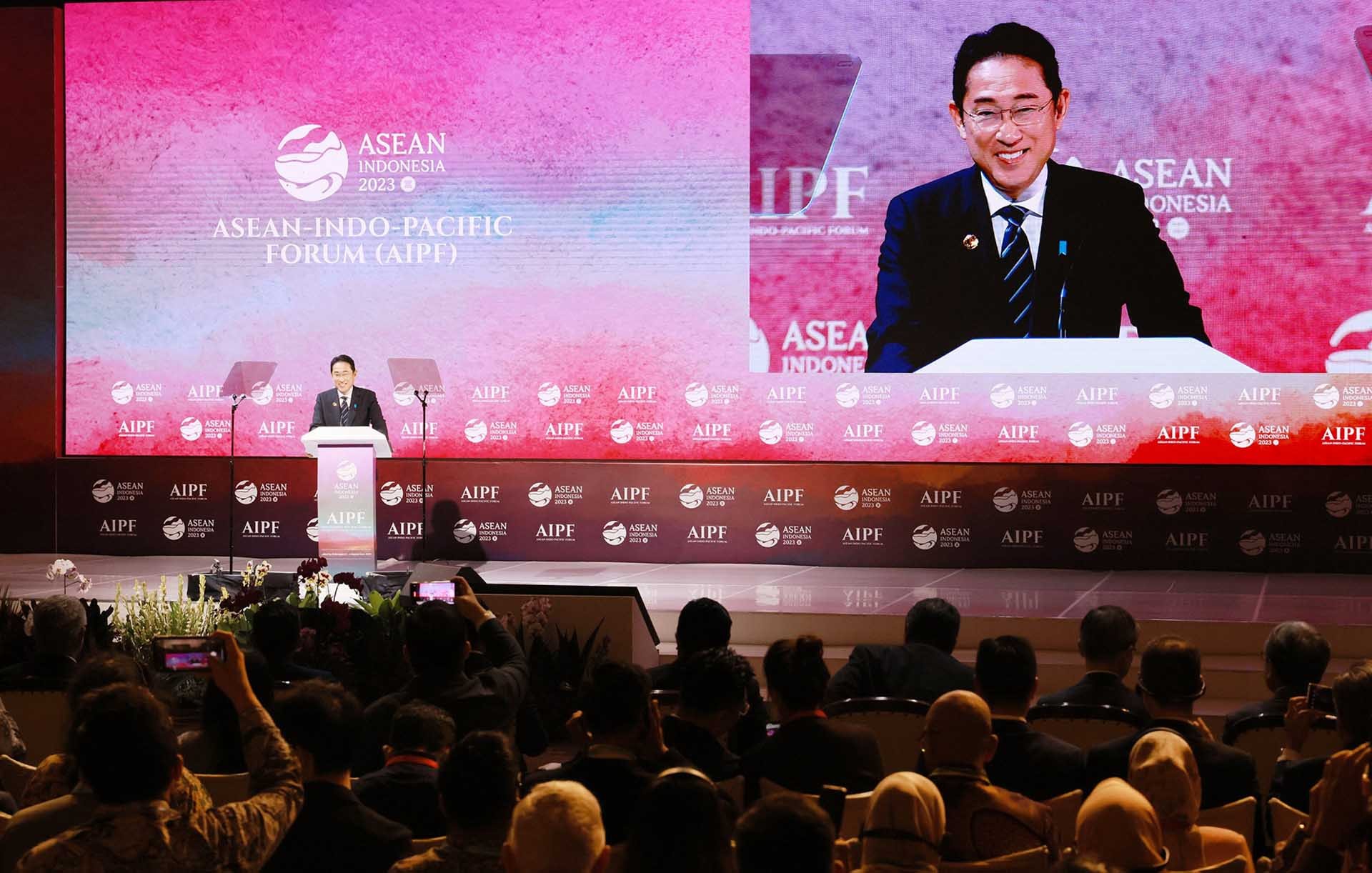 |
| Japanese Prime Minister Fumio Kishida delivers a speech at the ASEAN-Indo-Pacific Forum on the sidelines of the 43rd ASEAN Summit in September 2023 in Indonesia. (Source: Office of the Prime Minister of Japan) |
In the mid-1970s, then Japanese Prime Minister Tanaka Kakuei faced fierce domestic opposition when he visited Southeast Asian capitals for the first time.
But half a century later, things have changed. The common interests and influence between Japan and the Association of Southeast Asian Nations (ASEAN) are an important foundation for a strong relationship. However, in the context of today's rapidly changing and complex world, is that foundation still appropriate?
Strengthening the political foundation
A dynamic and multi-layered world order, with new power centers and increasingly complex interactions, poses many challenges to the development of the relationship. The intense competition between the US and China poses unprecedented difficulties for ASEAN.
In this context, Tokyo needs to cooperate based on enhanced awareness and strategic sensitivity to address the above challenges. In the opposite direction, relations with Japan are also core in the context of ASEAN dealing with the strategic dilemma between the US and China.
In addition, as Tokyo leans toward Washington, continuous and skillful diplomatic initiatives help ASEAN balance conflicting interests, avoid over-dependence on any major power, and preserve its central role and strategic autonomy.
The key to managing these complex issues is through dialogue, building trust and focusing on common interests. To nurture a strong partnership, ASEAN and Japan need to address challenges such as regional power conflicts, sovereignty disputes, economic competition and historical tensions.
In addition, on the one hand, Japan’s participation in a sub-multilateral security structure such as the Quad may not be in line with ASEAN’s interests. On the other hand, Tokyo’s commitment to actively participate in multilateral forums within ASEAN such as the East Asia Summit, the ASEAN Regional Forum, the ASEAN Ministerial Meeting Plus, and the ASEAN Maritime Forum will create room for deeper cooperation with ASEAN.
Expanding economic-cultural links
Economic and cultural cooperation is also a cornerstone of ASEAN-Japan relations. Japan remains one of ASEAN’s largest trading partners and a major source of foreign direct investment (FDI), with FDI inflows amounting to around US$20 billion and bilateral trade reaching US$240.2 billion in 2022. ASEAN countries account for 30% of Japan’s total overseas subsidiaries.
The ASEAN-Japan Comprehensive Economic Partnership facilitates trade liberalization, market access and economic integration. At the same time, infrastructure development such as the Partnership for Quality Infrastructure has also received active support from Japan, contributing to the realization of ASEAN's connectivity goals.
In this context, ASEAN and Japan can focus on strengthening connectivity and digitalization, promoting trade, strengthening regional supply chains, addressing climate change and sustainable development. Tokyo’s continued support contributes to ensuring inclusive growth and narrowing the development gap among ASEAN countries. The Japan-ASEAN Integration Fund established in 2006 and the Japan-Mekong Cooperation mechanism established in 2008 play such a role.
In addition, deepening people-to-people ties through cultural exchanges, educational programs and tourism will further strengthen mutual understanding and friendship. Strengthening educational cooperation and providing scholarships to students from both Japan and ASEAN countries contribute to building long-term relationships.
Tightening security cooperation
There is still much room for cooperation in the security field between Japan and ASEAN. Sharing intelligence, expertise and experience creates a comprehensive approach to preventing extremism and terrorism, while strengthening border security, contributing to peace and stability in the region. In 2014, to strengthen cooperation in this area, Japan and ASEAN adopted the Joint Declaration on Cooperation to Combat Terrorism and Transnational Crime.
Another important factor is cooperation in the maritime domain, an important regional factor. Ensuring maritime security and freedom has become a notable area of cooperation in the relationship between Japan and ASEAN. Tokyo actively supports ASEAN countries in enhancing their maritime capabilities, providing assistance in areas such as maritime domain awareness, capacity building, joint exercises and equipment.
Since Japan and several ASEAN member states frequently suffer from natural disasters, the two sides can strengthen cooperation in disaster response and recovery. Tokyo has experience in disaster prevention, early warning, and post-disaster reconstruction. Therefore, it can help build the capacity of ASEAN countries to minimize the impact of natural disasters, thereby not only saving lives but also contributing to promoting regional cooperation and solidarity in times of crisis.
In these ways, ASEAN and Japan can work together to overcome challenges and build an even stronger and more sustainable relationship over the next 50 years.
Source



![[Photo] Summary of parade practice in preparation for the April 30th celebration](https://vstatic.vietnam.vn/vietnam/resource/IMAGE/2025/4/11/78cfee0f2cc045b387ff1a4362b5950f)

![[Photo] Phuc Tho mulberry season – Sweet fruit from green agriculture](https://vstatic.vietnam.vn/vietnam/resource/IMAGE/2025/4/10/1710a51d63c84a5a92de1b9b4caaf3e5)
![[Photo] Prime Minister Pham Minh Chinh chairs meeting to discuss tax solutions for Vietnam's import and export goods](https://vstatic.vietnam.vn/vietnam/resource/IMAGE/2025/4/10/19b9ed81ca2940b79fb8a0b9ccef539a)



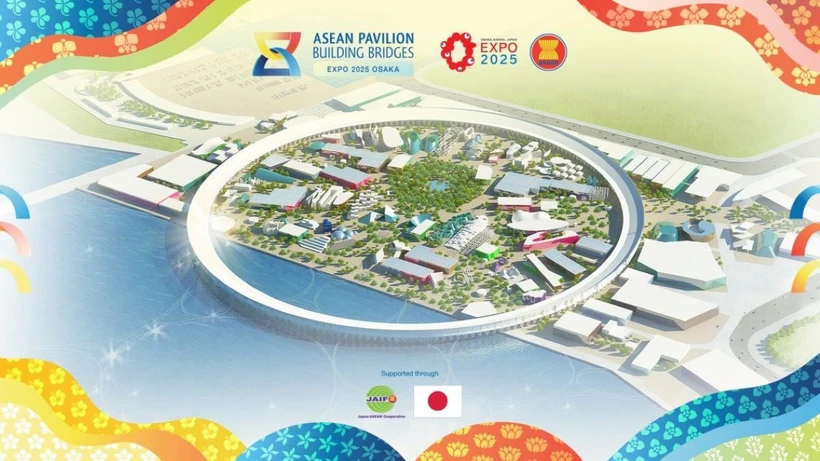

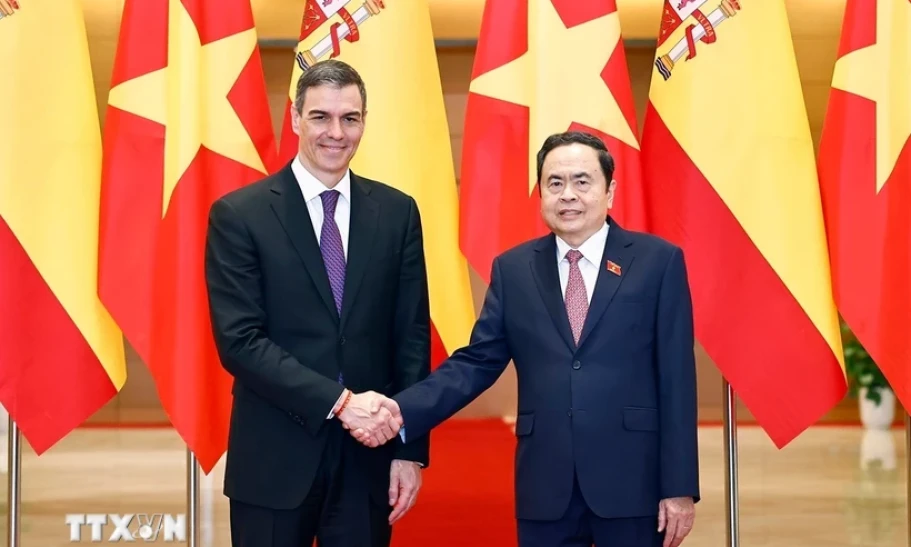

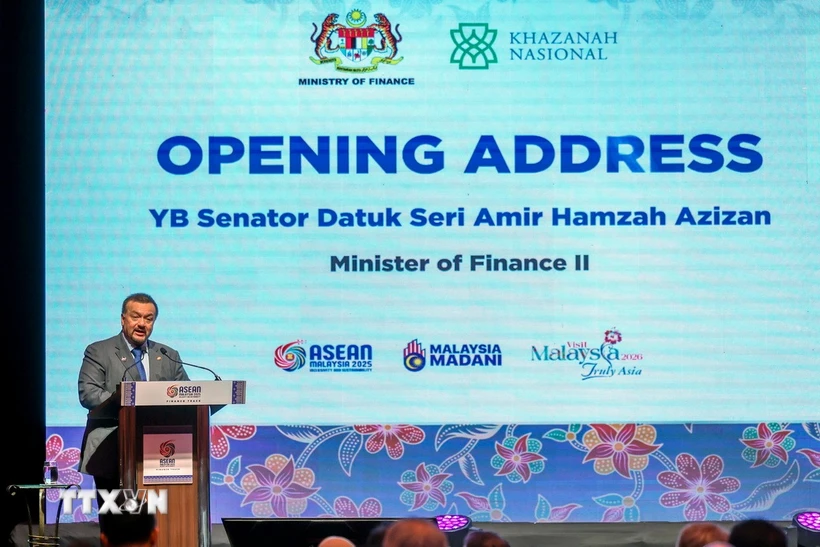
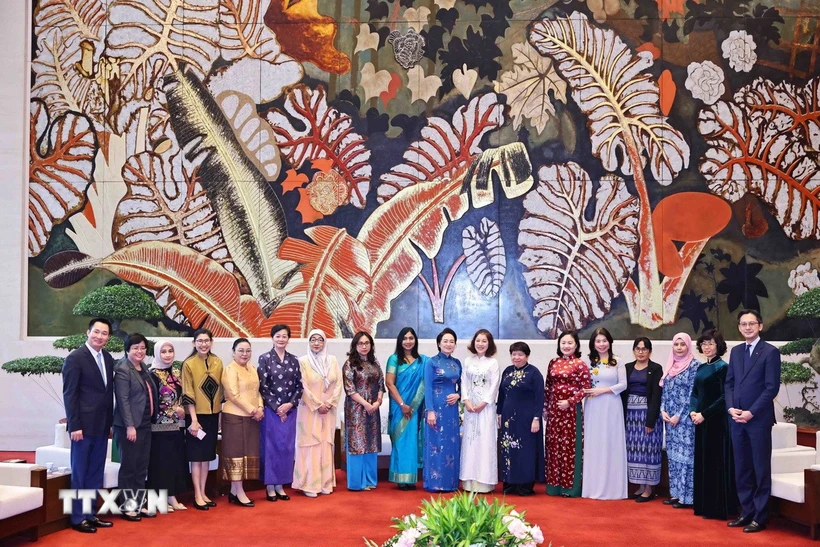
![[Photo] The National Assembly Chairman's wife had a friendly meeting with the ASEAN Community Women's Group](https://vstatic.vietnam.vn/vietnam/resource/IMAGE/2025/3/20/931c2aca02d8441d8cde642f3bcd16b1)













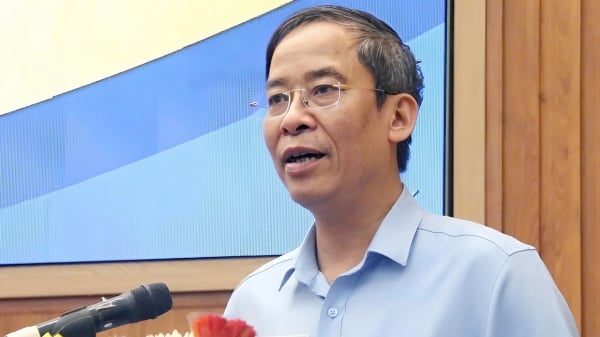
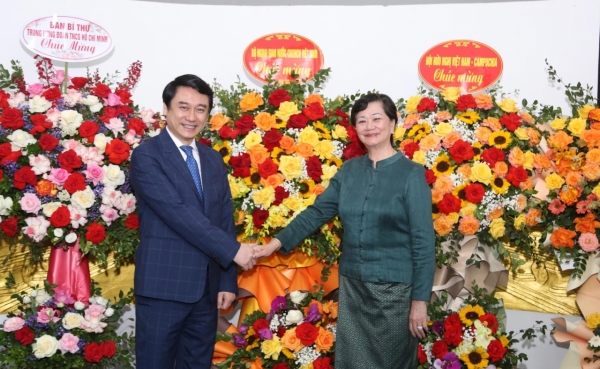
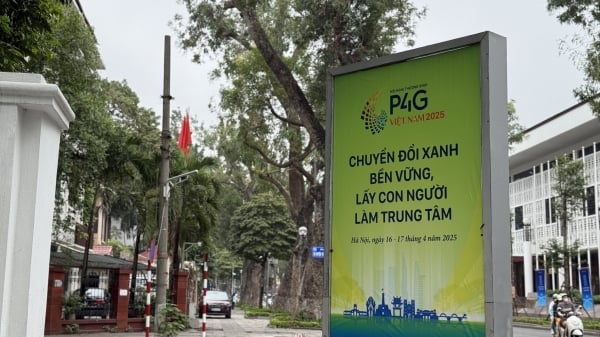



























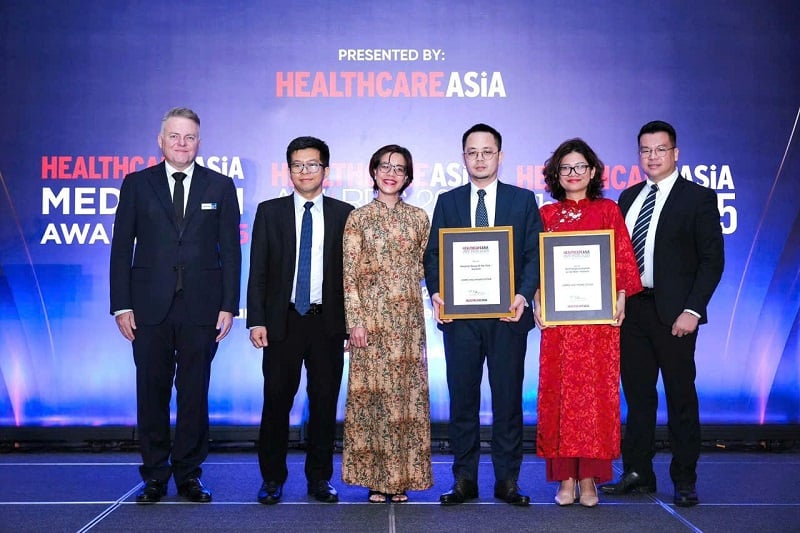








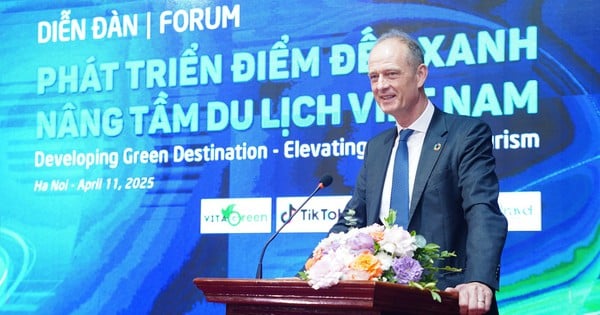






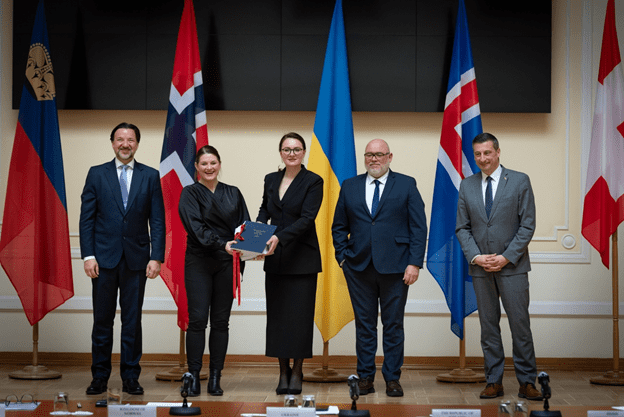


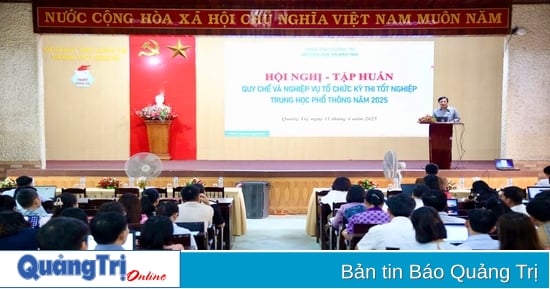
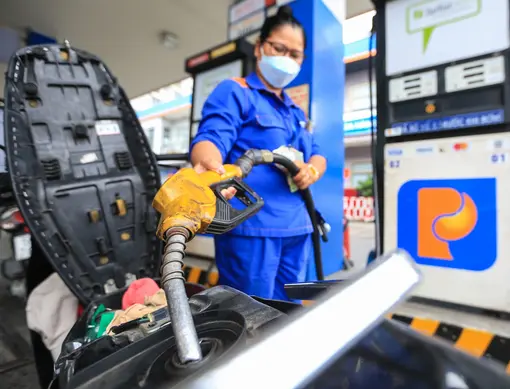
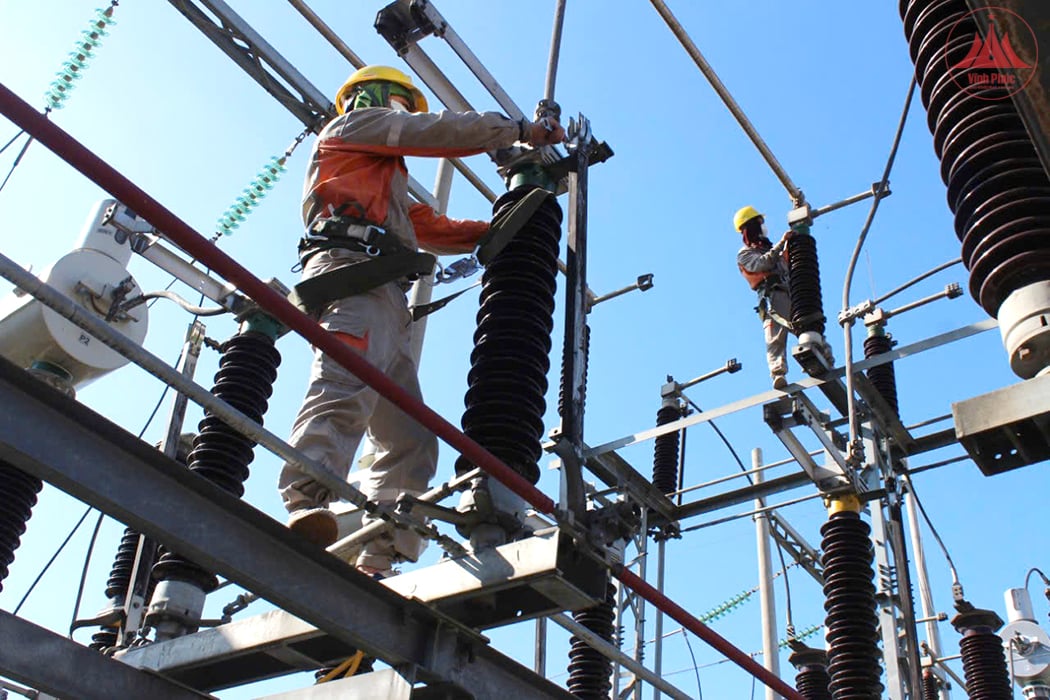

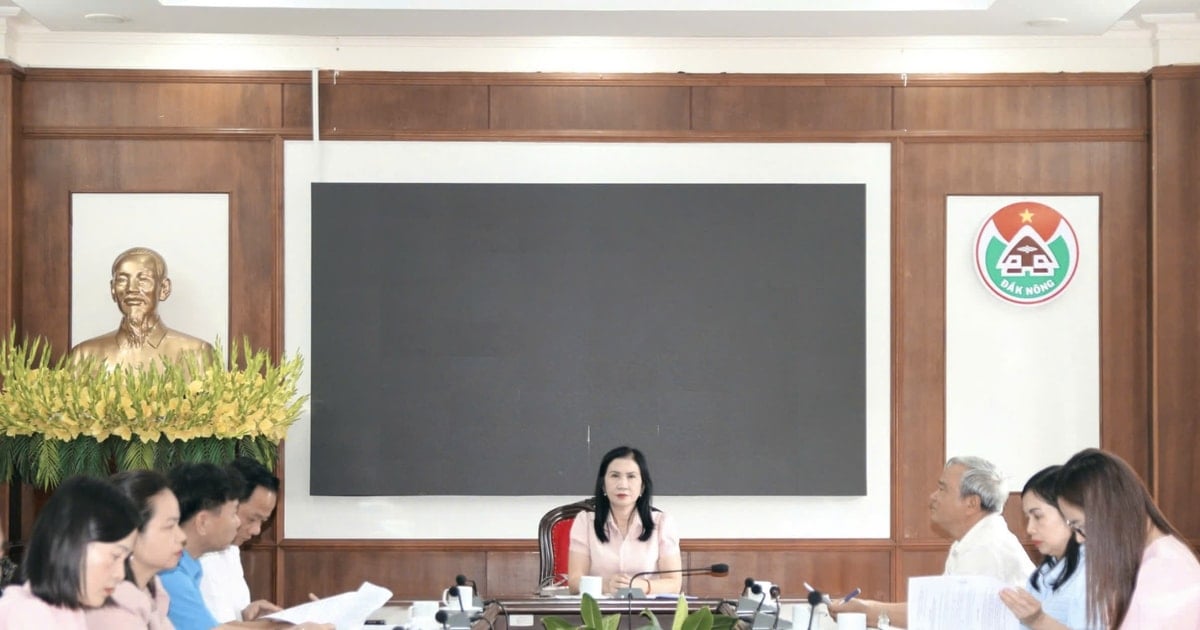

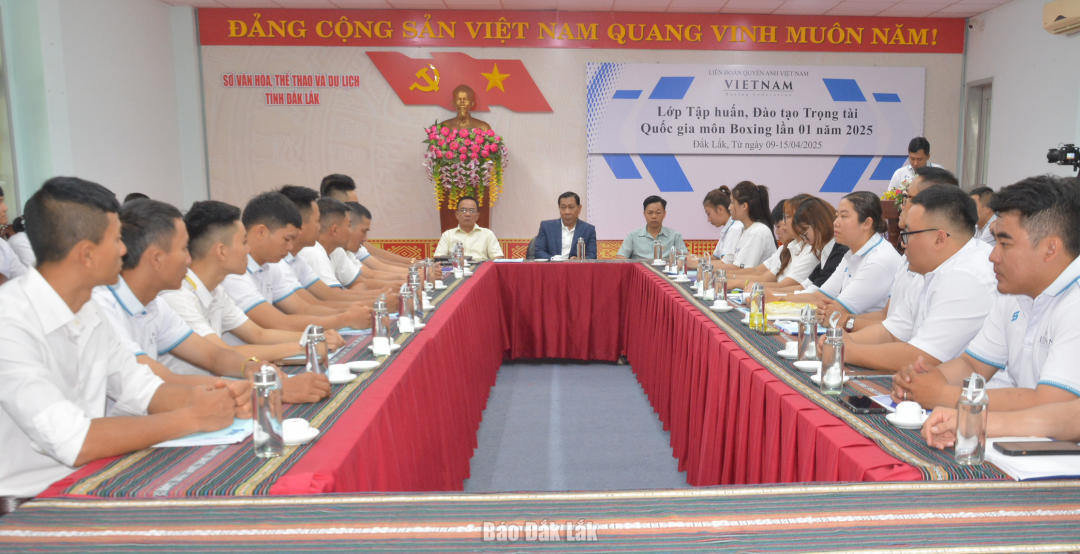










Comment (0)